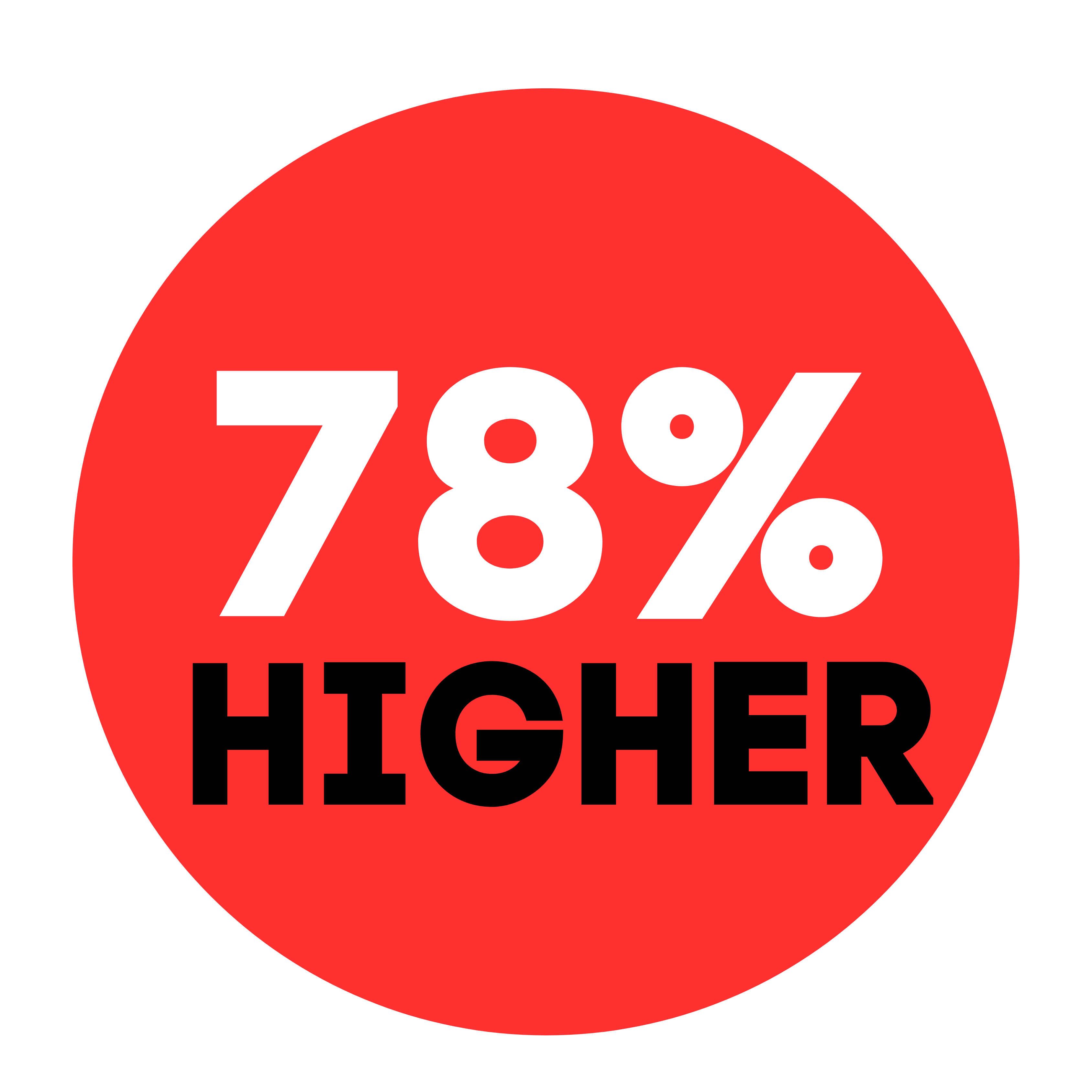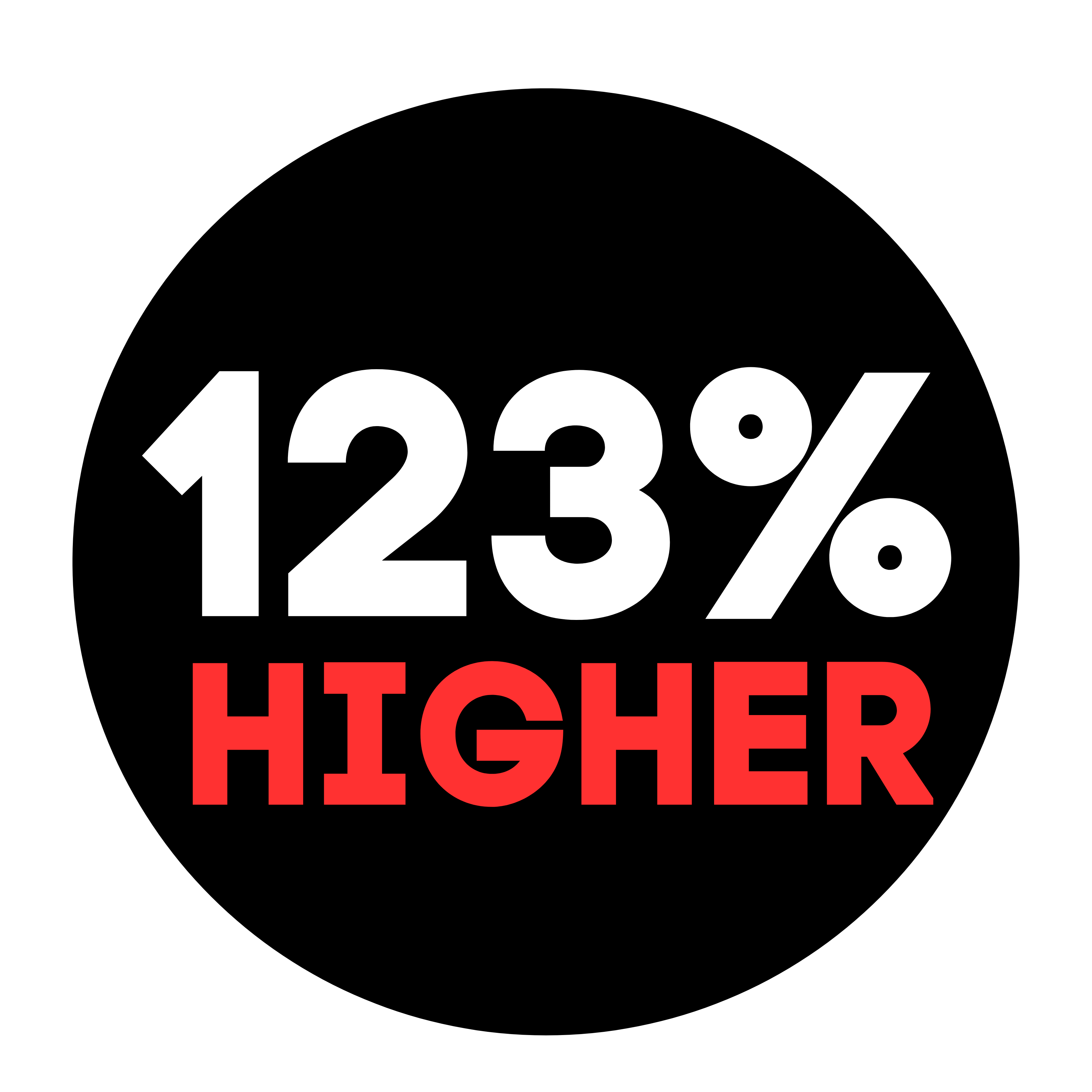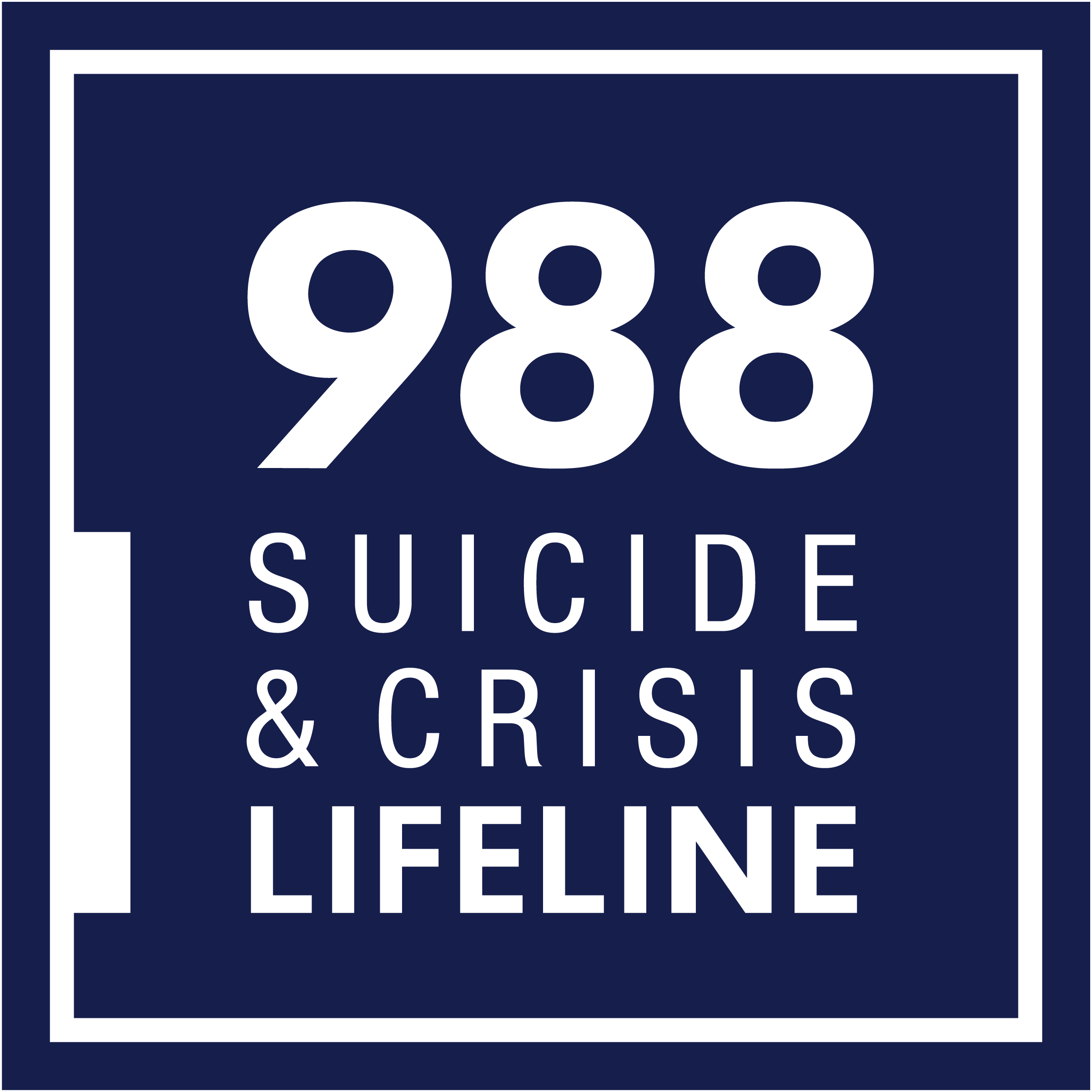
ADDRESSING BEHAVIORAL HEALTH NEEDS OF BIPOC AND LGBTQ+ STUDENTS IN GRADES K-12 WHO HAVE BEEN AFFECTED BY THE COVID-19 PANDEMIC
In 2020, NC Department of Health and Human Services and the Office of Health Equity/Health Equity Portfolio established a public-private partnership with NC Counts Coalition to create a community engagement program to increase the demand for and access to the COVID-19 vaccine to historically marginalized populations by conducting outreach and education efforts, coordinating local vaccine events at accessible locations, and helping people schedule and get to vaccine appointments (i.e., assist with connections to transportation) or booster dose appointments. This resulted in the launching of the Healthier Together Program and its community-based network of organizations. Its main objective was to boost the vaccination rates among historically marginalized populations, including Black, Indigenous, and People of Color (BIPOC), throughout North Carolina in response to the COVID-19 pandemic.
NC Counts Coalition has supported NC DHHS through 2+ years of COVID-19 outreach and education work. During this time, we have built a strong network of over 55+ community-based organizations working to vaccinate communities through door-to-door outreach, literature drops, phone call outreach, direct messaging outreach, and organizing and supporting vaccine events. The partnership between NC Counts Coalition and NC DHHS has also resulted in helping match vaccine providers with community-based organizations and working to ensure that communities have the vaccine supply, outreach, and transportation resources they need to get people vaccinated.
This collaborative effort continues with a newly expanded partnership with the Division of Child and Family Wellbeing.
Leveraging NC Counts' existing infrastructure from our outreach during the 2020 Census, this partnership aims to mobilize community-based organizations across the state. The primary focus will be assessing the behavioral health needs of BIPOC and LGBTQ+ students in grades K-12 and evaluating the organization's capacity to provide services that cater to these needs.
Based on these assessments, a collaborative plan will be co-designed to guide the expansion of
community-based organizations' capabilities in addressing the behavioral health needs of BIPOC and LGBTQ+ children/students in grades K-12 affected by COVID-19.
COVID-19 and BEHAVIORAL HEALTH
The COVID-19 pandemic has brought many challenges to our communities, including disruptions to educational routines and environments, loss of parents or guardians, pandemic-induced anxiety and stress, implementation of mitigation strategies, and stigma of positive test results. These challenges have disproportionately affected BIPOC and LGBTQ+ children/students, who have experienced higher behavioral health challenges during the pandemic.
| Depressive symptoms among Black and Latinx children/students are now 78% higher than they were before the pandemic. | Suicidality is now 123% higher among LGBTQ+ children/students than among North Carolina children/students overall. | |
 |
 |
NC Counts is committed to addressing these disparities and ensuring all children have access to the mental and behavioral health services they need to thrive. Through the ReOpening Schools award, NC Counts will work with CBOs across North Carolina to provide wraparound services that address the unique needs of BIPOC and LGBTQ+ children/students impacted by COVID-19. Our collaborative plan, through Healthier Together, will expand the capacity of CBOs to provide mental and behavioral health services to those who need them most.
988 Lifeline provides 24/7, free and confidential crisis resources for you and your loved ones.
Anxious? Depressed? Text 988 to chat with a trained crisis counselor for free.
